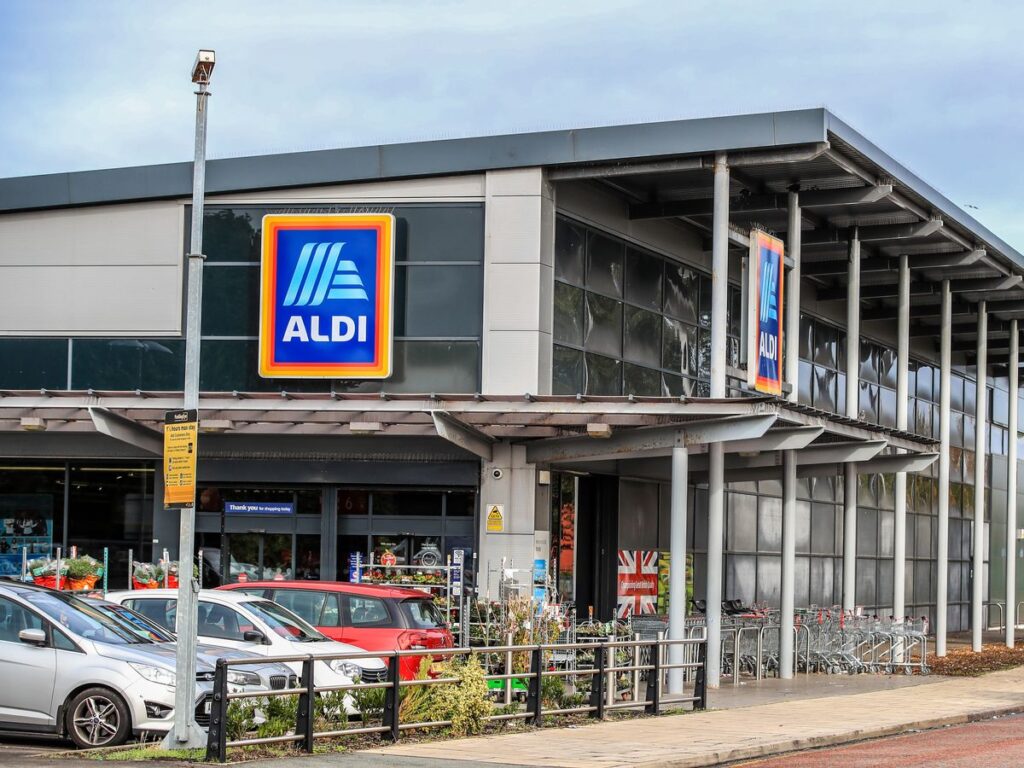Aldi becomes Britain’s fourth-largest supermarket

Image credit: Wales Online
According to data from research firm Kantar, Aldi has for the first time surpassed Morrisons to take over as the fourth-largest UK supermarket.
As consumers make efforts to manage their expenditures, discounters are gaining market share, according to Kantar.
As oil and fuel prices increase, grain production is constrained, and fertiliser costs are on the rise due to the conflict in Ukraine, food prices are rising swiftly.
According to Kantar, food price inflation in August reached a record 12.4%. Prices for dog food, milk, and butter were growing particularly swiftly.
Living expenses are cutting into household budgets as UK inflation soars along with rising food prices.
According to Kantar’s Fraser McKevitt, head of retail and consumer analytics, “it seems there’s no end in sight to grocery inflation as the rate at which food and drink costs are increasing continues to rise.”
Customers are also reducing their spending by purchasing more own-brand goods, with sales of the cheapest own-label goods increasing by a third from the previous year.
However, according to Kantar, increases in food prices will cause the average annual grocery bill to increase by £571 to £5181.
According to Kantar, Aldi’s sales increased by over a fifth in the 12 weeks leading up to September 4th compared to the same period last year, giving them a 9.3% market share.
Morrisons, in comparison, saw a 4.1% decline in revenue and a 9.1% decline in market share.
Discount retailer Lidl saw a more than 5% gain in sales, and it also saw an increase in market share to 7.1%.
Over the past ten years, Aldi and Lidl have increased and increased their market share in the UK.
However, the expanding online grocer Ocado predicted a slight decline in revenue this year as consumers made fewer purchases and sought out lower-cost options.
Before this, the business, which is a partnership between Ocado Group and Marks & Spencer, had forecast a slight rise in sales.
In a trading update, Ocado stated that it anticipated profitability to be “near to break-even” this year as increased expenses, such as electricity and dry ice, and the reduced average value of consumers’ shopping baskets, offset an increase in the number of customers.
